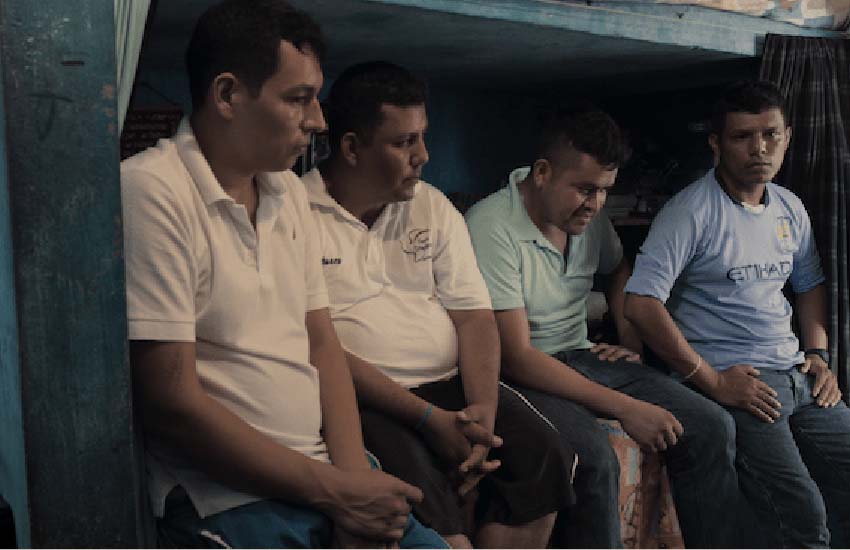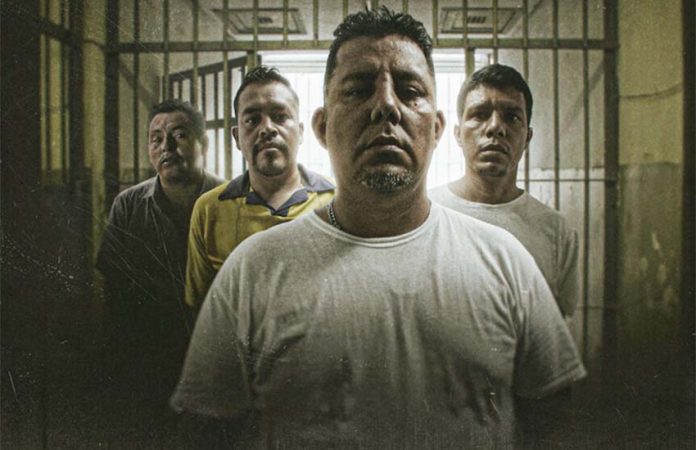A new Netflix docuseries examining corruption in the Mexican justice system has exposed its entrenched use of torture and the negligence of authorities.
The four-part Reasonable Doubt: A Tale of Two Kidnappings, created, written and directed by Roberto Hernández, investigates a murky legal case in Tabasco that began in 2015.
Hernández’s research involved interviewing hundreds of prison inmates, most of whom claimed they had been beaten up, burned with cigarettes or tortured by waterboarding, suffocation or electric shock.
Confessions were long considered decisive evidence in the Mexican justice system, despite the reality of pretrial abuses and the absenteeism of judges, the streaming news website Decider reported.
The true story depicted in the series begins with a minor traffic accident that results in one man being accused of kidnapping.

Another three men, all strangers to each other, are arrested for the kidnapping. The four men — Hector Muñoz, Gonzalo García, Juan Luis López and Darwin Morales — are all sentenced to 50 years behind bars for crimes they claim they never committed.
Only Morales has been released from prison, but he has received no compensation for his time in detention.
The convicted men make claims of torture in the trailer for the series. “My stomach area was really bruised … they wanted us to take the blame,” one of the men said.
“Mexico has a clear and logical rule: the defense only needs to prove there is reasonable doubt. In spite of that, courts operate under the presumption of guilt,” a narrator says in the trailer.
“Our justice system, instead of dispensing justice, managed to transform a minor traffic incident into a 50-year prison sentence, and I think that is terrifying as a result,” Hernández says in the show’s opening.
“It is a case chosen at random, and it made me realize that there were a sea of cases like that of Héctor, Gonzalo, Darwin and Juan. When I entered the Macuspana [Tabasco] prison in 2016 … we noticed that a lot of atrocities had been committed with practically all the people we interviewed,” Hernández said in a recent interview.
With reports from Decider and Sin Embargo
